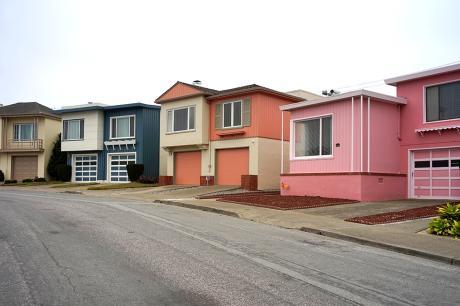Articles and analysis on today's issues

Federal cuts to the Supplemental Nutrition Assistance Program could cause some DC-area families to lose an average of $187 in monthly benefits.
Building Evidence to Help Community College Students Obtain and Advance in Health Care Careers With better evidence about how career services and employer engagement strategies affect career attainment and retention, community colleges can improve students’ employment outcomes.Zoning Restrictions and Demand Have Divided Chicago into Three “Cities,” Limiting Housing Availability Chicago’s zoning rules, combined with substantial variation in market demand for new construction, have created a tale of three cities in terms of housing construction—growth in the downtown, limited access to high-opportunity neighborhoods, and underinvestment in low-income communities.Embedding Disability Equity into Efforts to Advance Upward Mobility Efforts led by and for disabled people offer lessons in how promoting dignity, autonomy, and economic success can help local leaders increase upward mobility in their communities.How Do One-Size-Fits-All Landlord-Tenant Laws Affect Small Landlords? Many cities and state policymakers across the nation are passing legislation to protect tenants. As they’re enacted, understanding how effectively they help tenants—and their effects on landlords—will be key to achieving rental market stability.How to Create Communities of Practice That Help Community Colleges Improve Student Outcomes By creating opportunities for community colleges to learn from each other, communities of practice help colleges advance more-equitable education and career outcomes for all students.Housing Was on the Ballot This Year. What Can We Learn from State and Local Initiatives? Housing policy was at the forefront of this year’s election, with both presidential candidates campaigning on plans to address record-high cost burdens and supply shortages.





